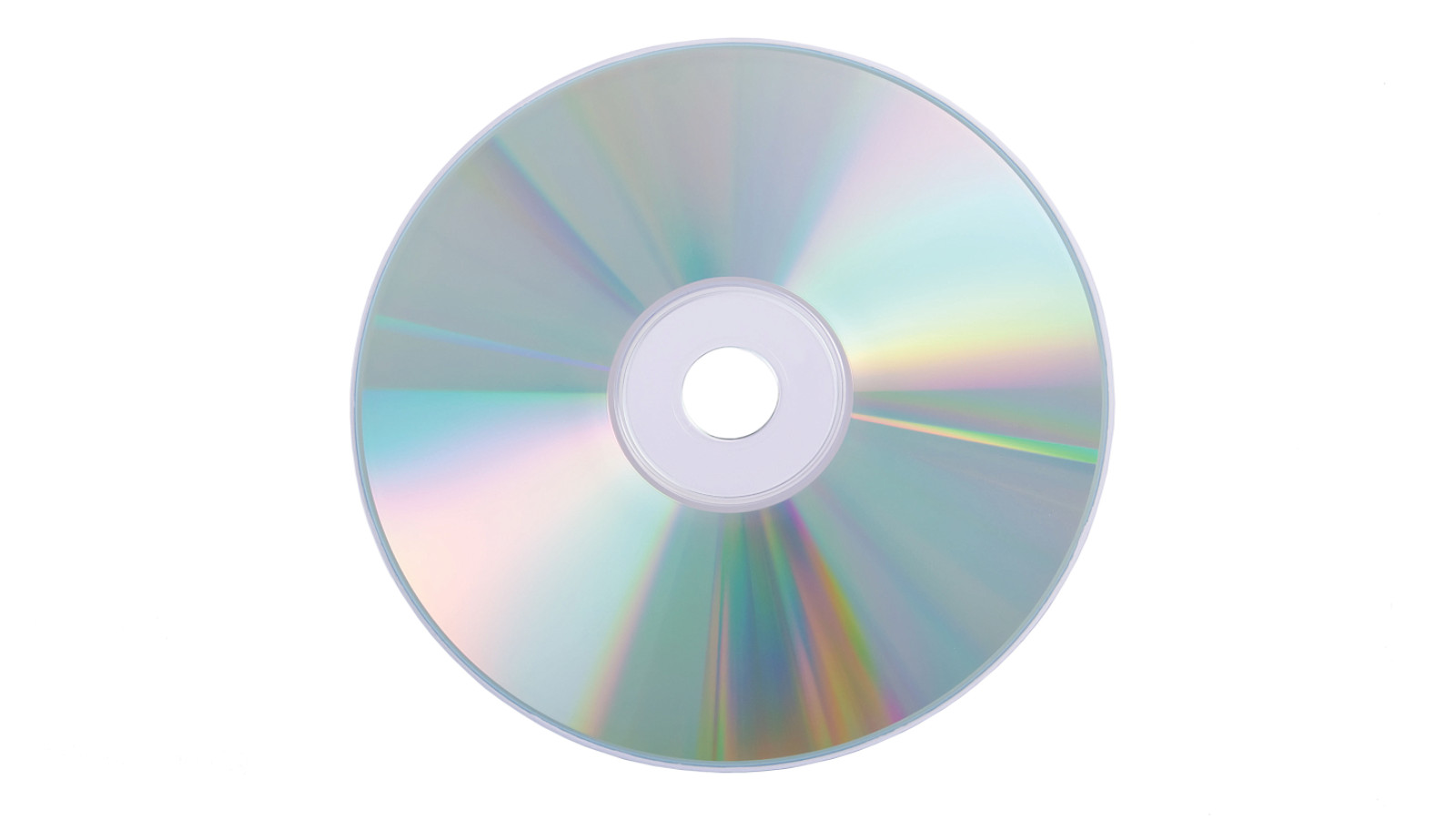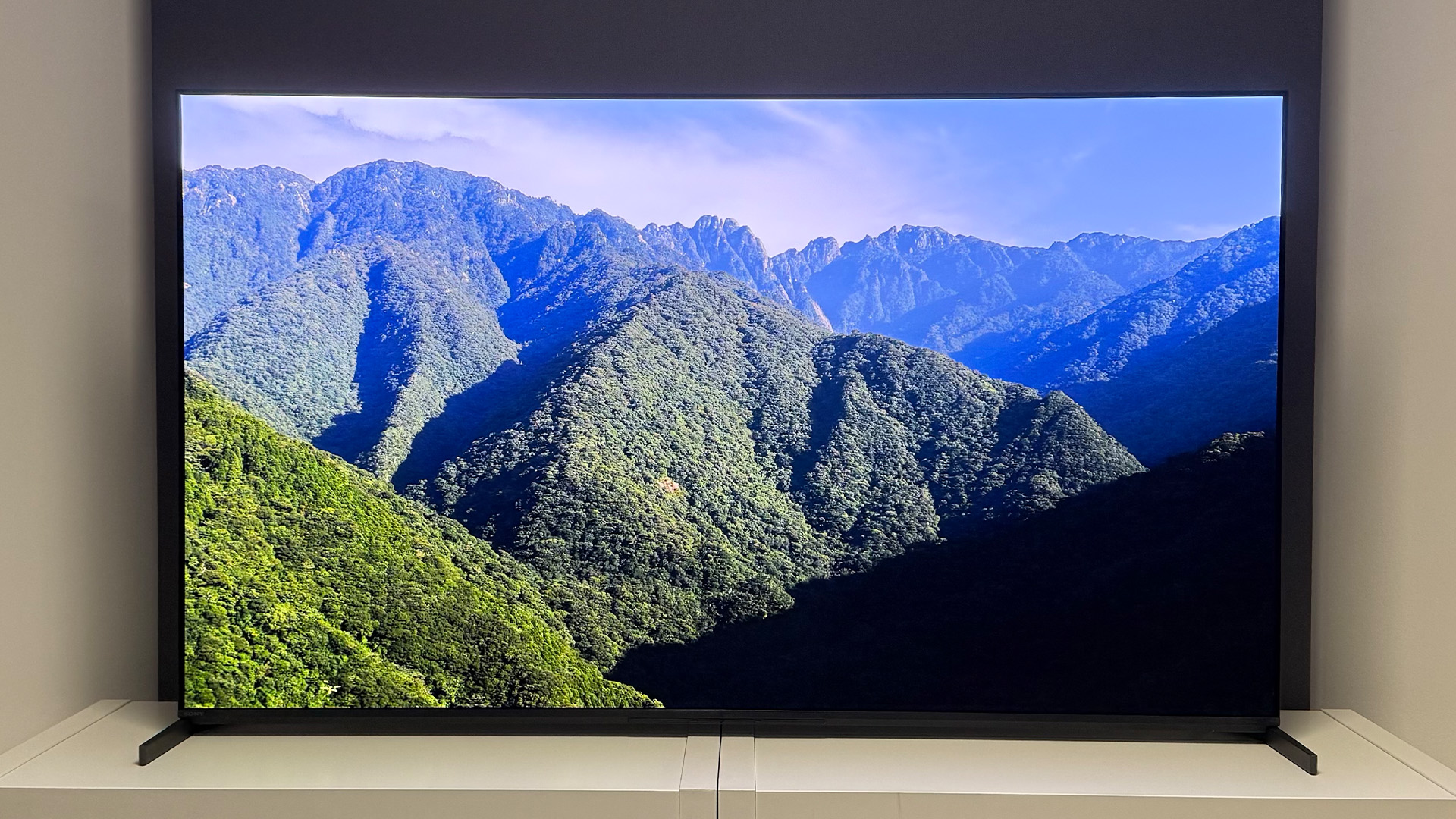200TB optical discs are on their way, but 8K Blu-ray certainly isn't
Although we can probably remove a nail from 4K Blu-ray's coffin

A major development in the production of optical discs has happened this week. Scientists at the University of Shanghai have unveiled a new form of optical disc that can hold up to 200,000 gigabytes of data.
For reference, the current 4K Blu-ray discs in circulation carry up to 100 gigabytes, meaning these new discs have a capacity that is 2000 times larger; which is a frankly staggering upgrade. While 4K Blu-rays feature a three-layer construction that stores data on each layer, these new discs have up to 100 layers, which accounts for the huge upgrade in storage.
In a recent report in Nature (via FlatpanelsHD), the scientists reported that the development of the "3D nanoscale" discs has been made possible thanks to 'dye-doped photoresist with aggregation-induced emission luminogens' – or AIE-DDPR for short. Those big technical words are mystifying to us – however, the bottom line is that these discs are made of a novel light-sensitive material that requires two types of lasers to read.
Interestingly, this paper suggests that manufacturing these discs won't require a whole lot of work, and that conventional DVD mass production that is already in place will be able to be used. In fact, it should only take six minutes to manufacture a blank disc, according to this study.
A disc with this capability should surely invigorate the 8K industry into making physical discs for the format, right? After all, this is our biggest gripe with the existence of 8K TVs. Unfortunately, this likely won't happen due to the lacklustre sales of 8K TVs and disinterest from Blu-ray manufacturers. Back in 2019, executive director of the 8K Association, Chris Chinnock, cast doubt on the possibility of 8K Blu-rays ever happening. He said there was "a low probability" that physical 8K discs would be developed, and that was four years ago; not much has changed since then.
Not to further rain on the parade of this new Blu-ray development, but we do have a slight issue on our hands when it comes to playing these discs. Currently speaking, there isn't really a player that's designed to handle these discs, and considering the dire state of the 4K player market, we don't expect to see one any time soon. While there are enthusiast options from Panasonic, Magnetar and Reavon out there, these are all notably expensive models ranging from £700 to over £2500; we dread to think what a player capable of reading these new discs would cost.
Still, we're certainly excited to see a new disc format emerge and are looking forward to seeing its potential in the home cinema space. As for now, it looks like this disc will be used for enterprise-use with data storage in mind – but personally, we're looking forward to the possibility of entire 4K movie box sets coming on just one disc. We can only hope.
The latest hi-fi, home cinema and tech news, reviews, buying advice and deals, direct to your inbox.
MORE:
4K Blu-ray is on the verge of dying out and no one seems to care
Check out our picks for the best 4K Blu-ray players
As well as our list of the best TVs
Lewis Empson is a Senior Staff Writer on What Hi-Fi?. He was previously Gaming and Digital editor for Cardiff University's 'Quench Magazine', Lewis graduated in 2021 and has since worked on a selection of lifestyle magazines and regional newspapers. Outside of work, he enjoys gaming, gigs and regular cinema trips.
